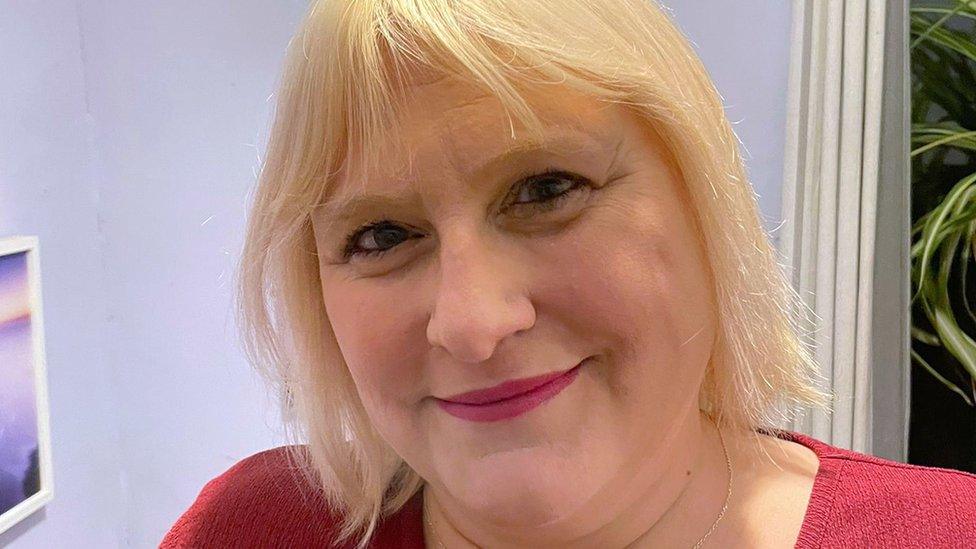Midlands growers warn salad shortage could last weeks
- Published
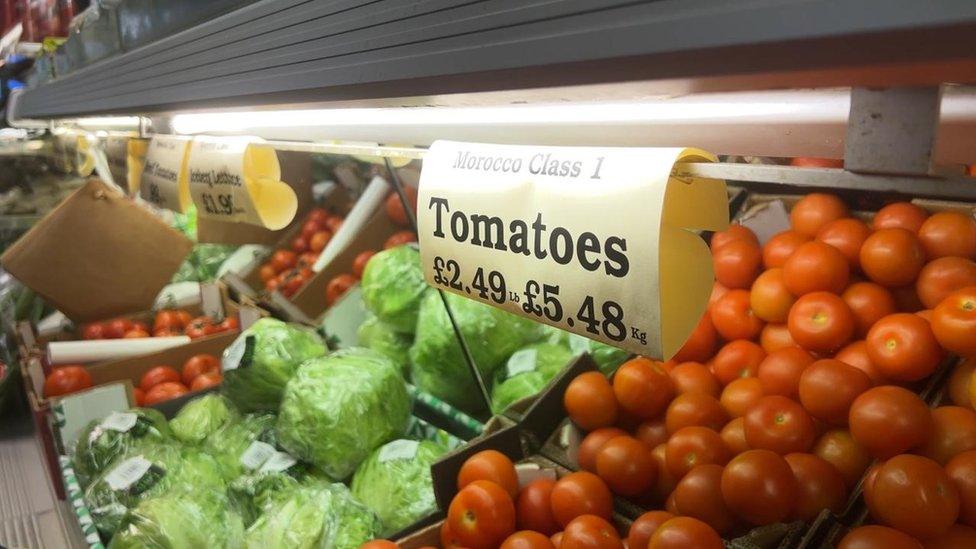
Farmers in Worcestershire have warned salad shortages may continue
Vegetable growers across the Midlands have warned salad shortages on some supermarket shelves could continue for several more weeks.
High energy costs have meant that many have not been able to heat their greenhouses, leading to a delay in planting crops.
They are now calling for more financial support from the government.
The appeal has been backed by Stoke-on-Trent MP Jo Gideon, who says more vegetables should be grown in the UK.
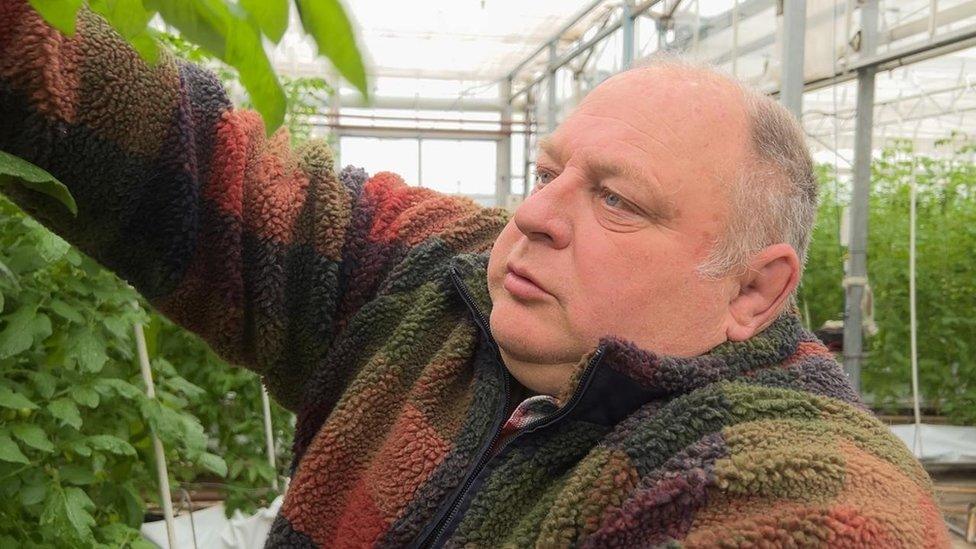
For tomato-grower Paul Drew, the rising cost of energy is having an impact on his yields
Paul Drew, of Drews of Worcester, says his energy costs have risen from 15p per kilowatt to 62p per kilowatt.
To speed up growth he has the option to artificially heat and light his crops, but fears the rising cost will make it unprofitable.
The tomato grower said: "You'd like to think you can plan for it, but I really don't know how we will survive this year."
Across the county, some farmers have told the BBC that they have switched off heating and lights earlier this winter - either delaying or cancelling planting.
At its conference in Birmingham last month, the National Farmers Union (NFU) revealed domestic production of salad crops will reach its lowest levels since records began this year.
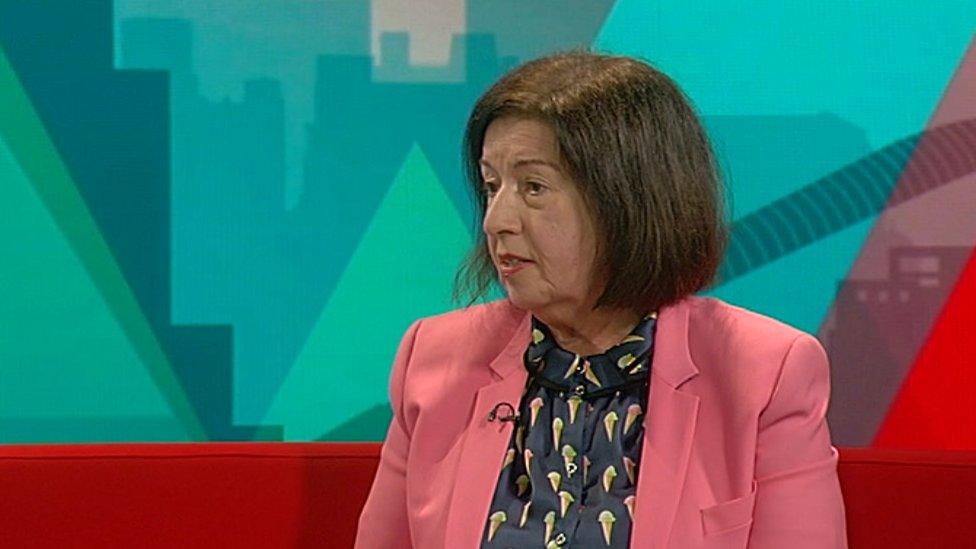
Stoke-on-Trent MP Jo Gideon backed calls for more to be done to help farmers in the UK
Speaking on Politics Midlands, Ms Gideon said: "I know the NFU have asked for horticulture to be included in the energy intensive industries.
"We need to be producing more in this country in order to guarantee our own food supply, we need to be helping farmers to do that."
While supermarket shelves in Worcestershire appear to be sparse, independent grocers remain plentiful with stocks of imported fruit and vegetables sold a higher price.
Jim Thompson, of Three Counties Produce, explained: "A box of tomatoes that we would normally pay £6 for, we are now paying £16.
"We're paying a premium price but if the supermarkets decided to sell the product at the price it should be, then they would have them on the shelves."
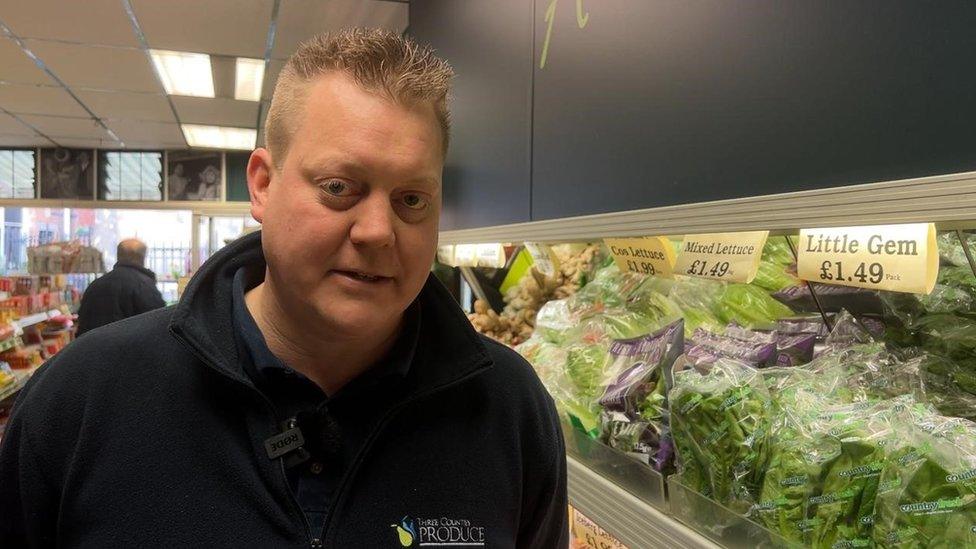
Independent grocer Jim Thompson says the cost of tomatoes has nearly tripled
This week supermarket bosses met with Food and farming minister Mark Spencer to try and find a long term solution.
Minette Batters, president of the National Farmers' Union (NFU), told the BBC that some producers were on contracts that could be renegotiated to factor in higher production costs - but not all of them.
"It's why we are seeing many of the glasshouses across the country mothballed. They should be producing high quality food, peppers, tomatoes, cucumbers, to deal with this shortage," she said.
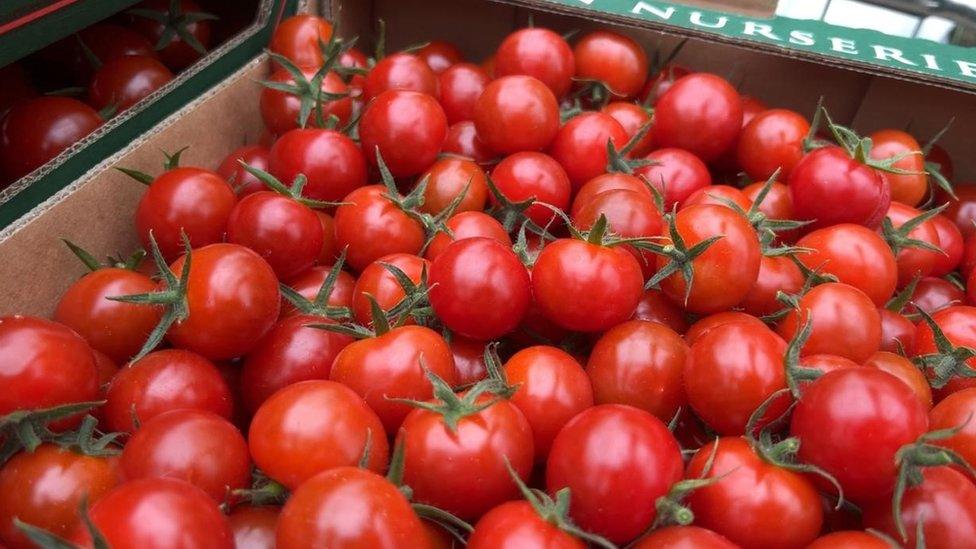
To speed up growth farmers can artificially heat and light tomatoes, but some say this is unprofitable
The government said that while there were some issues with fresh vegetable supplies, the UK "has a highly resilient food chain and is well equipped to deal with disruption".
"We meet regularly with representatives from the entire food system - from farm to fork - to discuss how we can respond to emerging situations impacting the supply chain quickly and effectively," a spokesperson said.

Follow BBC West Midlands on Facebook, external, Twitter, external and Instagram, external. Send your story ideas to: newsonline.westmidlands@bbc.co.uk, external
Related topics
- Published5 March 2023
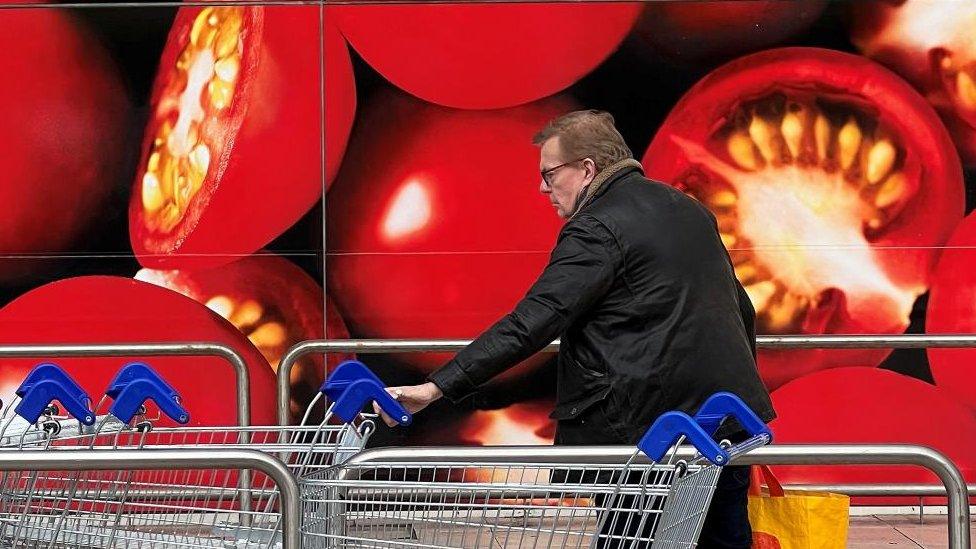
- Published3 March 2023
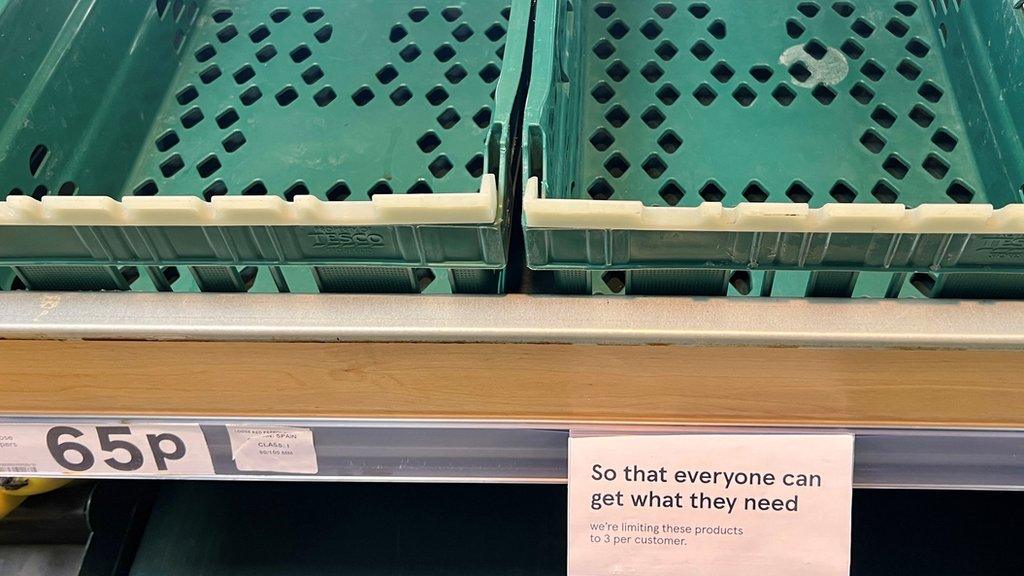
- Published27 February 2023
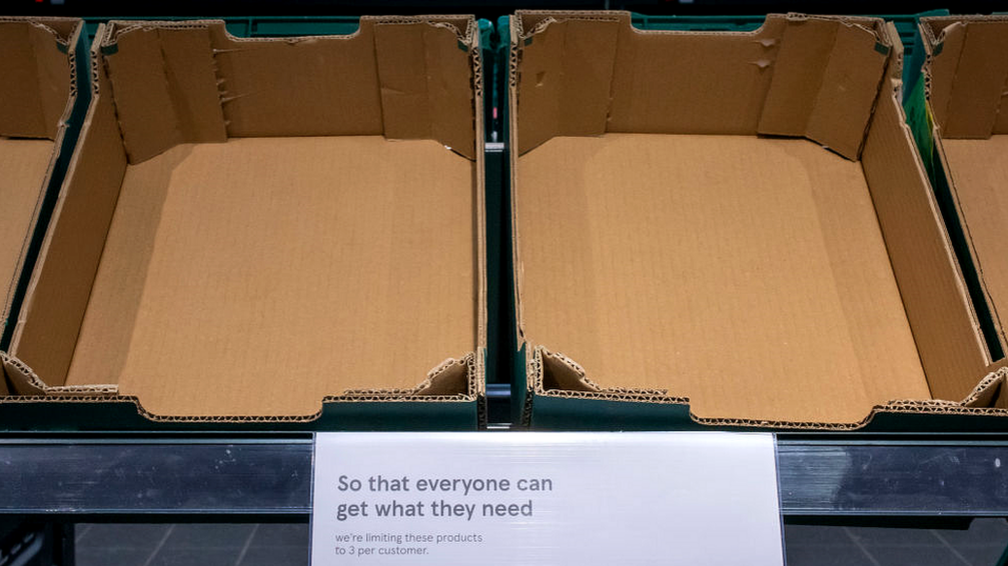
- Published11 April 2022
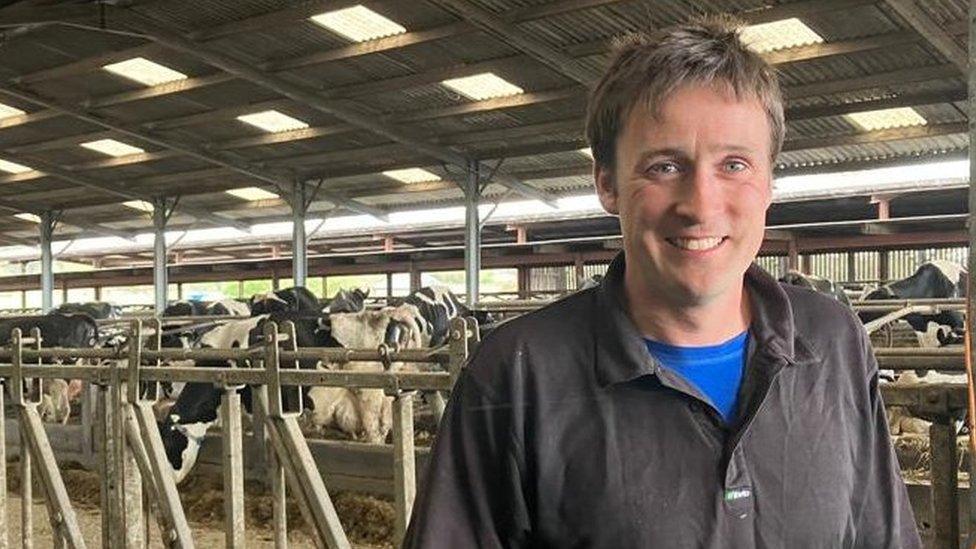
- Published23 February 2023
